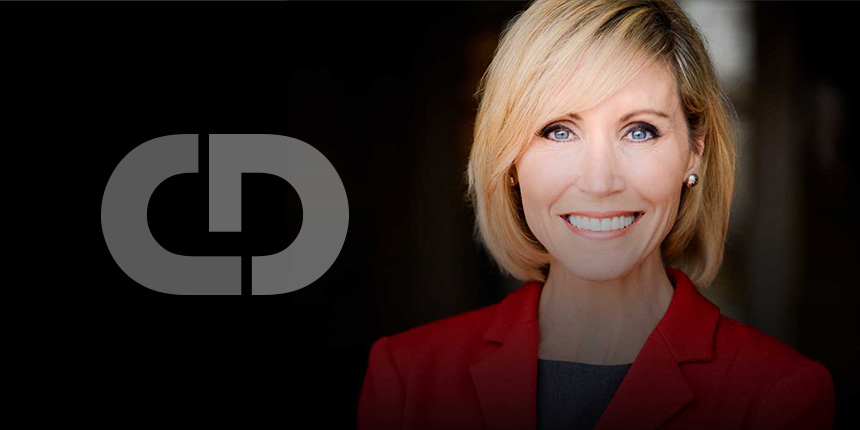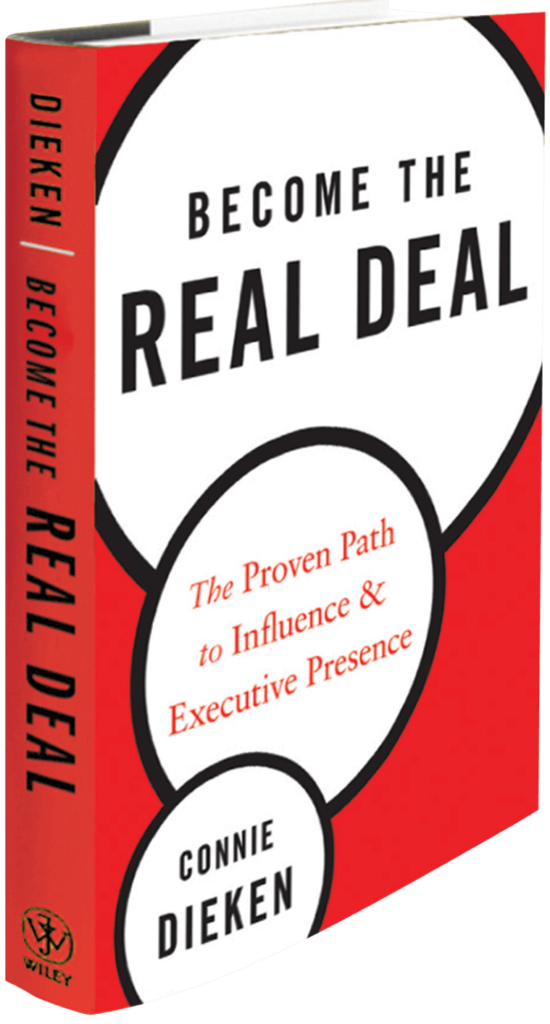Dr. Martin Luther King’s gravitas was cemented 50 years ago. The queen of comfort food, Paula Deen, became persona non grata in many circles this year. I was thinking about the parallel this morning, beyond the obvious racial context. Forget the fame factor. Set aside the race aspect. This is deeply personal.
There’s a leadership lesson here that’s crucial to your ability to have a positive, lasting influence on others. People’s opinions about and actions toward you flow from this one simple question: Are you the real deal?
When people believe that you’re the real deal, they trust you, they listen to you and they willingly follow you. If they don’t think you’re the whole package, the opposite occurs. They suspect your motives, second-guess your words and distance themselves from you.
That’s what instigated the Dean disaster. The discrimination lawsuit deposition where she admitted to having used the n-word in the past caused her empire to shrink faster than a dieter’s waistline. Her nearly 16-million dollar empire is crumbling because corporate partners are uncomfortable with her. More than a dozen high-profile partners have dropped Dean like a hot potato.
The decision makers who distanced themselves from Dean essentially communicated, “Paula, we don’t trust you. We’re experiencing a different Paula – and for that reason, you’re out.” Kaput.
Your presence is how others experience you. It’s how you make them feel.
Understanding your presence is the crux of your leadership and the culture that you create. How do you make people feel?
A half century after “I Have a Dream,” Dr. King, remains a compelling role model of leadership presence. And not just because of his oratory skills. I would even argue that it’s in spite of them. Eloquence is optional. I believe Dr. King’s legacy as the real deal endures because he combined 3 qualities:
1. Inner Presence: a steadiness based on a sense of purpose greater than yourself that doesn’t rise or fall in response to people or situations.
2. Verbal Presence: the credibility to transform rhetoric into results by connecting, conveying and convincing others to follow.
3. Outer Presence: the agility to match your intentions with your impact so that others are drawn to you, trust you, and respect you.
The first quality that catapulted Dr. King to real deal status was inner presence. He created the “I Have a Dream” masterpiece on the fly because his purpose was his power. He was in the zone, centered on a purpose greater than himself. Perhaps he heard singer Mahalia Jackson urging him to “Tell them about the dream, Martin,” perhaps he was inspired by the sea of people, or both. We’ll never know why, but Dr. King veered off-script and stayed in the audience’s moment. They were open to being inspirated – and he delivered. YOU can do this when you speak, too. Have the presence of mind to monitor your audience’s response and stay in their moment. “I Have a Dream,” was a masterpiece because it was centered on a collective dream, not merely King’s own.
Verbal presence is the second quality. Dr. King was both a wordsmith and a remarkable public speaker – clearly, he had incredible communication skills. But as I’ve learned from coaching senior leaders around the globe, eloquence is optional. The key to verbal presence is to identify your ideal outcome before opening your mouth. What, specifically, do you want your audience to do or believe? Once you’ve identified your ideal outcome, everything you communicate should erase doubt and drive your audience toward that outcome. That’s what transforms rhetoric into results. It may be known as “I Have a Dream,” but it was a collective dream and that’
Outer presence is the third key. In my decade as a senior executive coach, I’ve seen far too many leaders whose outer presence is misunderstood. Does your “resting face” turn people off? Do people often say that you look angry, disinterested, or arrogant, even when you’re not?
Dr. King’s outer presence on the steps of the Lincoln Memorial on that hot August day in 1963 was a welcome surprise to a tense White House. Combat troops were standing by, expecting violence. Martial law orders were waiting for President Kennedy’s signature. But leaders of the March on Washington ensured a peaceful experience that day. Dr. King’s demeanor was both calm and confident. As a result, his televised speech both made history – and changed it.
Today’s leaders are faced with a 21st century paradox. You’re living in a world that demands perfection, but craves authenticity. That’s why it’s crucial for you to be – and be seen as – the real deal. Everything is at stake – your stability, credibility and likability. Combine inner, verbal and outer presence and you won’t fall prey to a Deen disaster. Like Dr. King, you’ll crack the code and be a leader with a legacy as the real deal.








